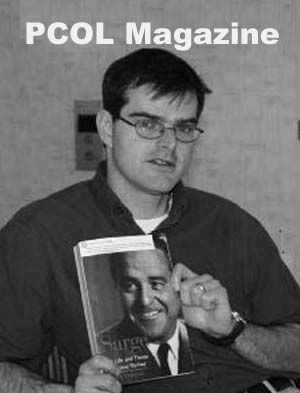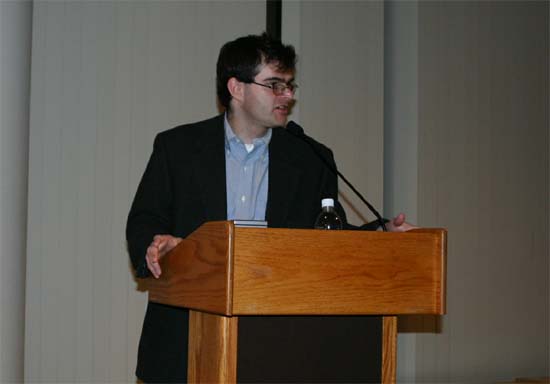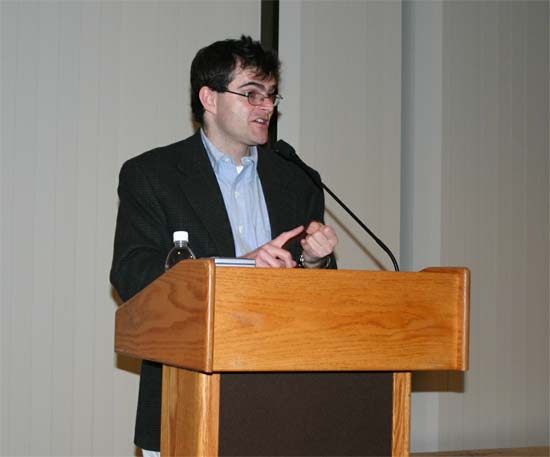 | The Birth of the Peace Corps UMBC's Shriver Center and the Maryland Returned Volunteers hosted Scott Stossel, biographer of Sargent Shriver, who spoke on the Birth of the Peace Corps. This is the second annual Peace Corps History series - last year's speaker was Peace Corps Director Jack Vaughn. |
 | Vote "Yes" on NPCA's bylaw changes Take our new poll. NPCA members begin voting this week on bylaw changes to streamline NPCA's Board of Directors. NPCA Chair Ken Hill, the President's Forum and other RPCVs endorse the changes. Mail in your ballot or vote online (after Dec 1), then see on how RPCVs are voting. |
 | Charges possible in 1976 PCV slaying Congressman Norm Dicks has asked the U.S. attorney in Seattle to consider pursuing charges against Dennis Priven, the man accused of killing Peace Corps Volunteer Deborah Gardner on the South Pacific island of Tonga 28 years ago. Background on this story here and here. |
 | Your vote makes a difference Make a difference on November 2 - Vote. Then take our RPCV exit poll. See how RPCV's are voting and take a look at the RPCV voter demographic. Finally leave a message on why you voted for John Kerry or for George Bush. Previous poll results here. |
 | Kerry reaches out to Returned Volunteers The Kerry campaign wants the RPCV vote. Read our interview with Dave Magnani, Massachusetts State Senator and Founder of "RPCVs for Kerry," and his answers to our questions about Kerry's plan to triple the size of the Peace Corps, should the next PC Director be an RPCV, and Safety and Security issues. Then read the "RPCVs for Kerry" statement of support and statements by Dr. Robert Pastor, Ambassador Parker Borg, and Paul Oostburg Sanz made at the "RPCVs for Kerry" Press Conference. RPCV Carl Pope says the key to winning this election is not swaying undecided voters, but persuading those already willing to vote for your candidate to actually go to the polls. Take our poll and tell us what you are doing to support your candidate. Finally read our wrap-up of the eight RPCVs in Senate and House races around the country and where the candidates are in their races. |
 | Director Gaddi Vasquez: The PCOL Interview PCOL sits down for an extended interview with Peace Corps Director Gaddi Vasquez. Read the entire interview from start to finish and we promise you will learn something about the Peace Corps you didn't know before. Plus the debate continues over Safety and Security. |
Read the stories and leave your comments.




